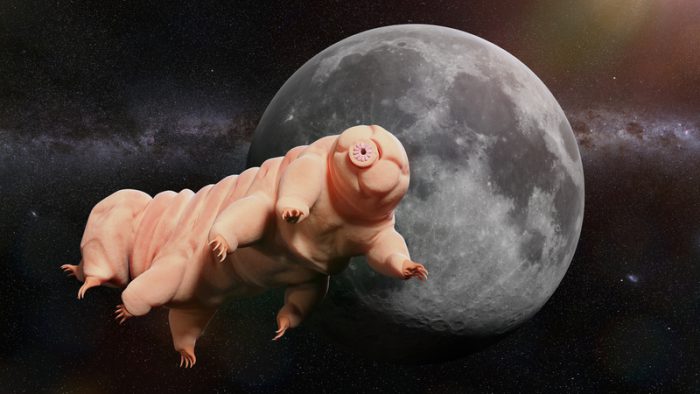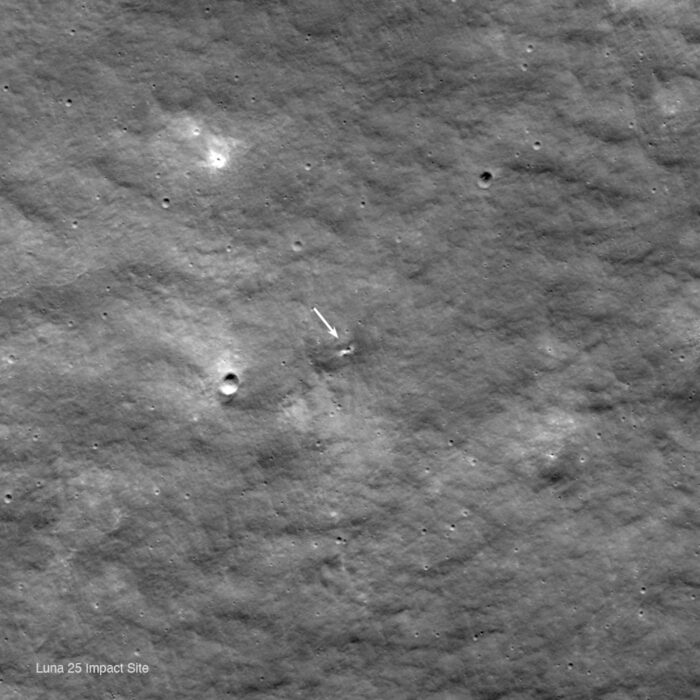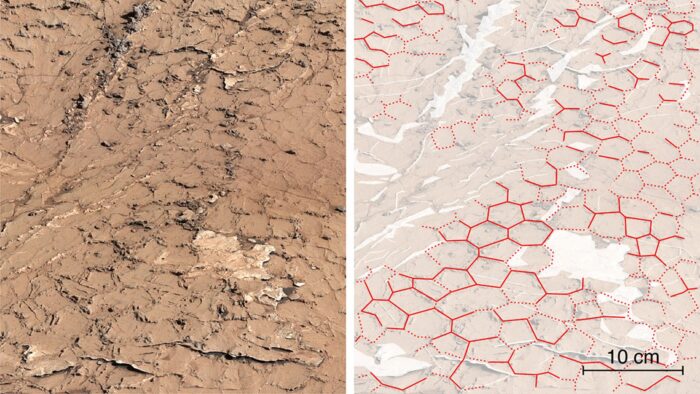Tardigrades (a.k.a. water bears, a.k.a. moss piglets) are a fascinating anomaly in the world of science. (Anomaly: something that is outside the usual rules or expectations—one of our favourite words!)
As we've explained in the past, these microscopic, eight-legged creatures can survive pretty much anything. Extreme heat and cold. Intense pressure. A total lack of water. They survived for millions of years and lived through every major extinction on Earth. They can survive in space.
There are even some theories that they originally travelled here on ancient comets and are basically aliens.
So we guess it makes sense that a bunch of them are currently living on the Moon.
Librarians of the world
Light micrograph images of tardigrades. (Getty Embed)
That's right. For the past few years, a non-profit organization called Arch Mission Foundation has been creating what they call 'libraries' of human knowledge and life on Earth.
Their destination? Places around the solar system and maybe beyond. And most recently, the Moon.
Their purpose? To create a 'backup' of our history that could theoretically survive for billions of years.
Their cargo? These contain items such as a micro-sized 30 million-page archive of human history, millions of cells, and human DNA.
Oh yes. And 10,000 tardigrades!
Crash landing? No problem
A plump moss piglet in happy times on Earth, living up to its name. The tardigrades on the Moon are dehydrated, curled into a tight ball, and motionless...but still alive. (Getty Embed)
The people behind this mission took advantage of the fact that tardigrades can survive indefinitely while dehydrated, or with nearly all their moisture removed. Even though they're called water bears, these little critters can withstand being dried out and placed in an artificial amber for preservation.
Of course, these animals also had to survive a crash landing. The Israeli spacecraft that sent them to the Moon in April malfunctioned and crashed. But scientists have analyzed the data and feel confident that the heat and energy from the crash would not have been enough to kill the tardigrades. Which shouldn't surprise anyone at this point.
You can't kill a tardigrade!
But is it right?
Leaving behind a mark is an unavoidable part of space exploration. But should we be putting creatures there on purpose? (Getty Embed)
So the water bears crash landed, they're dried out, and they're stuck in amber. But they're technically alive.
Mission accomplished? From the view of the Arch Mission Foundation, yes. But not everyone agrees that this is a success.
Some scientists feel that this is a violation of the Moon's environment — that we should not be introducing foreign creatures to another world. At least not purposefully.
Of course, with all of the planned missions to the Moon and Mars, you could argue that this sort of animal invasion is only a matter of time.
What do you think? Do tardigrades belong on the Moon? Do they even fit in on Earth?
 "Bye Mom! Going to the Moon! I'll write yooouuuuuu..." (© Planetfelicity - Dreamstime.com)
"Bye Mom! Going to the Moon! I'll write yooouuuuuu..." (© Planetfelicity - Dreamstime.com)










Well, I don’t like the fact that they were sent there to essentially be stuck in a coma for the rest of their life. I mean, I get that they don’t have minds in the same way as humans, but they still are living creatures! The people who planned this mission to include actual life forms disgust me.
Yeah, it’d be better if they could move around and stuff
it is not right to send innocent LIVING creatures to a diffrent world yet alone send them into coma. 🙁
😳 THIS IS SO COOL!!!!!
They should not be putting living creatures in space!!!!!